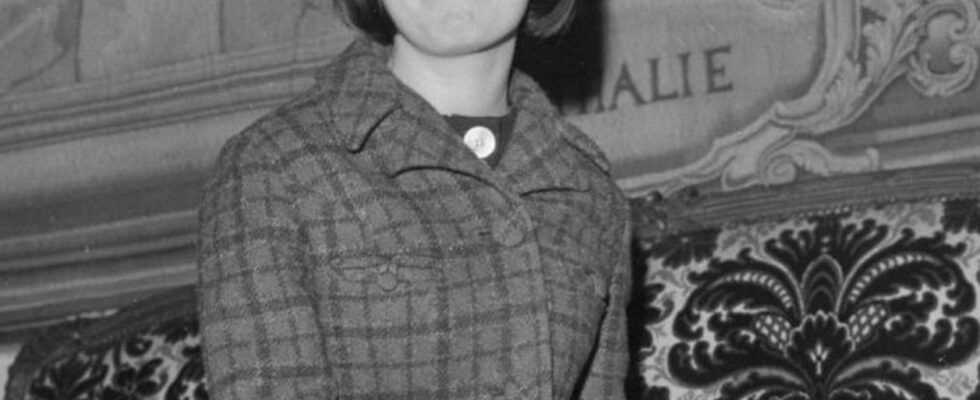The Monique Wittig garden will see the light of day in the 14th arrondissement of Paris.
The mayor of Paris proposes to honor the novelist and revolutionary lesbian activist Monique Wittig by baptizing a garden in her name in the 14th arrondissement. "It is important to rebalance the names of the streets", said Jean-Luc Romero-Michel, deputy for discrimination at the mayor of Paris, during a city council held on Thursday, October 8, 2020.
"She is a woman who is known in our country, but a woman also known internationally for her literary work, she is a great militant of the MLF and one of the instigators of the 'Manifesto of 343 sluts', she submitted to the Arc de triomphe a wreath in memory of more unknown than the unknown soldier: his wife ", adds the chosen one. The magazine Stubborn announces that this initiative "is interpreted by some as an attempt at appeasement between the Paris city hall and radical feminist activists."
Monique Wittig, writer and revolutionary lesbian
Monique Wittig (1935–2003), literary theorist throughout her life wanted to break the heterosexual social contract, indicates FranceCulture. Translator, writer, but also a pioneer of the Women's Liberation Movement, Monique Wittig remains a reference in today's feminist struggles, such as that of patriarchal language. With his first book "Opoponax ", she received the Medici Prize in 1964 for her work on language and pronouns. The writer uses the "we" instead of "she" or "I".
"There is no feminine literature for me, it does not exist. In literature, I do not separate women from men. One is a writer or not", she asserted. Monique Wittig will continue her literary struggle with "The Guerrillas" (1969) and "The Lesbian Body" (1973). Yet from all struggles, she quickly feels left out of French feminism because she is a lesbian. Disappointed, Monique Wittig goes into exile in the United States with her partner Sande Zeig. In this American universe, she became a professor in several prestigious American faculties, where she taught feminist studies and French, while touching on theater and cinema.
